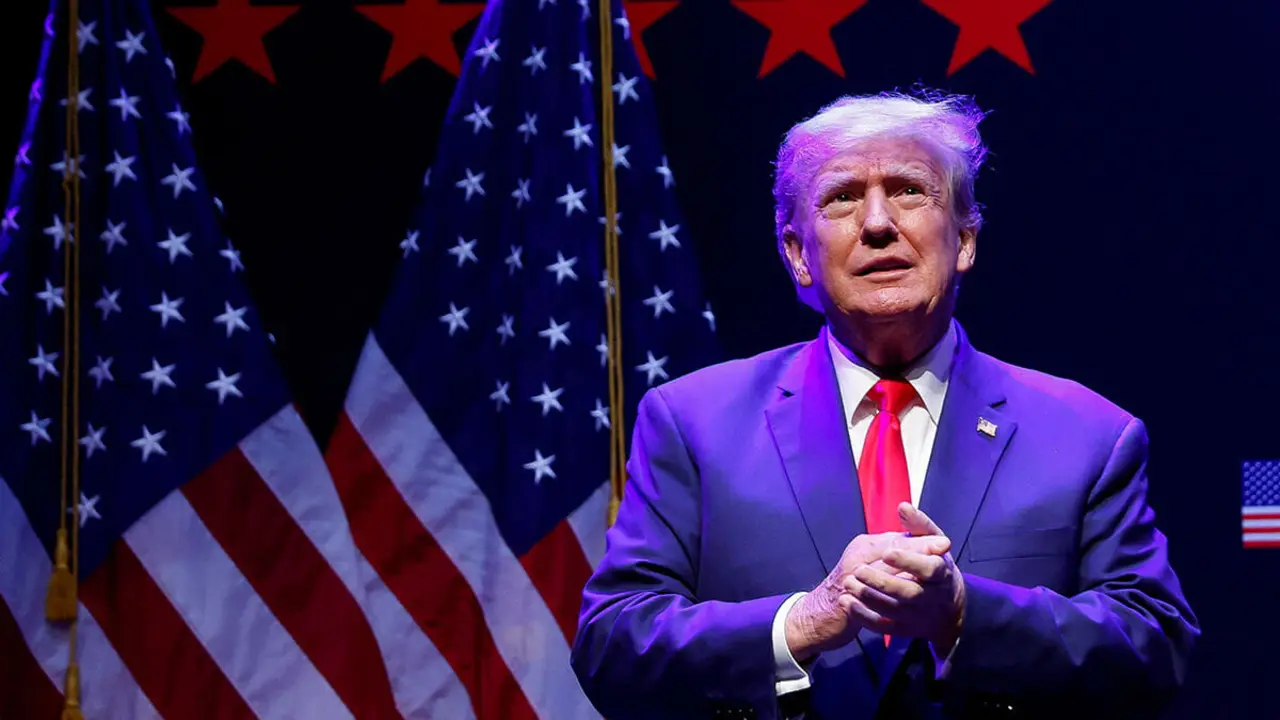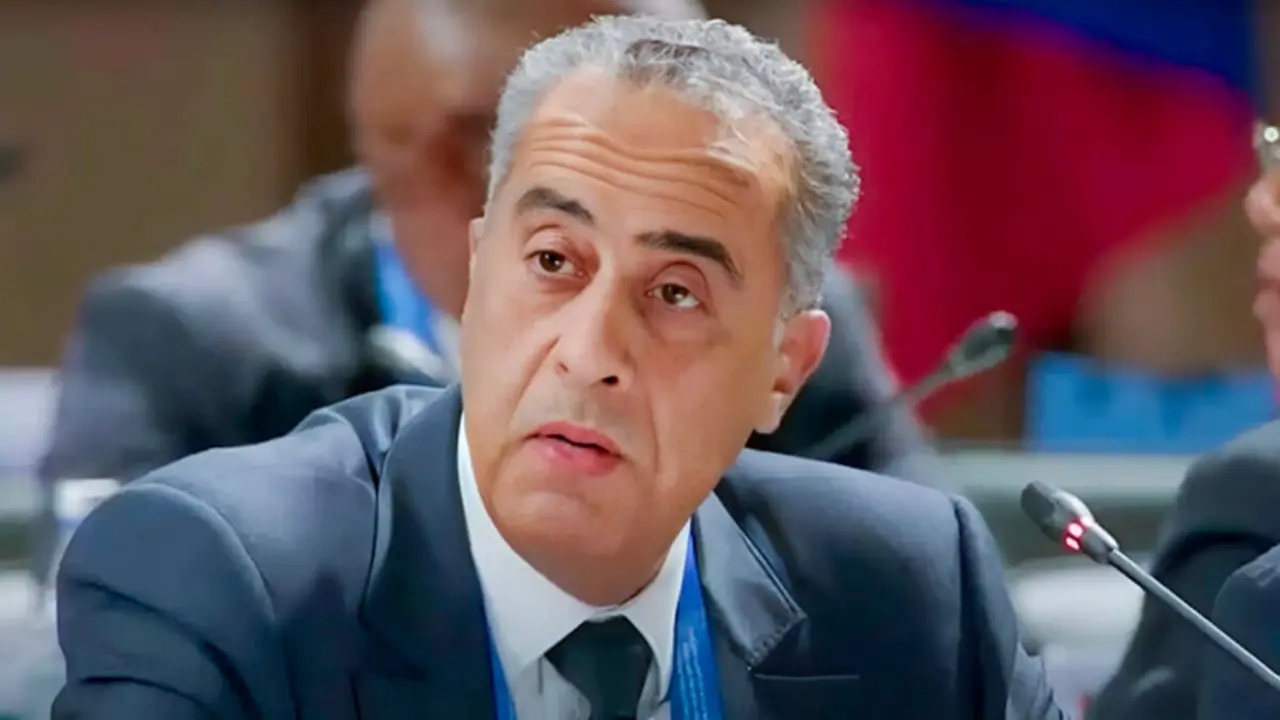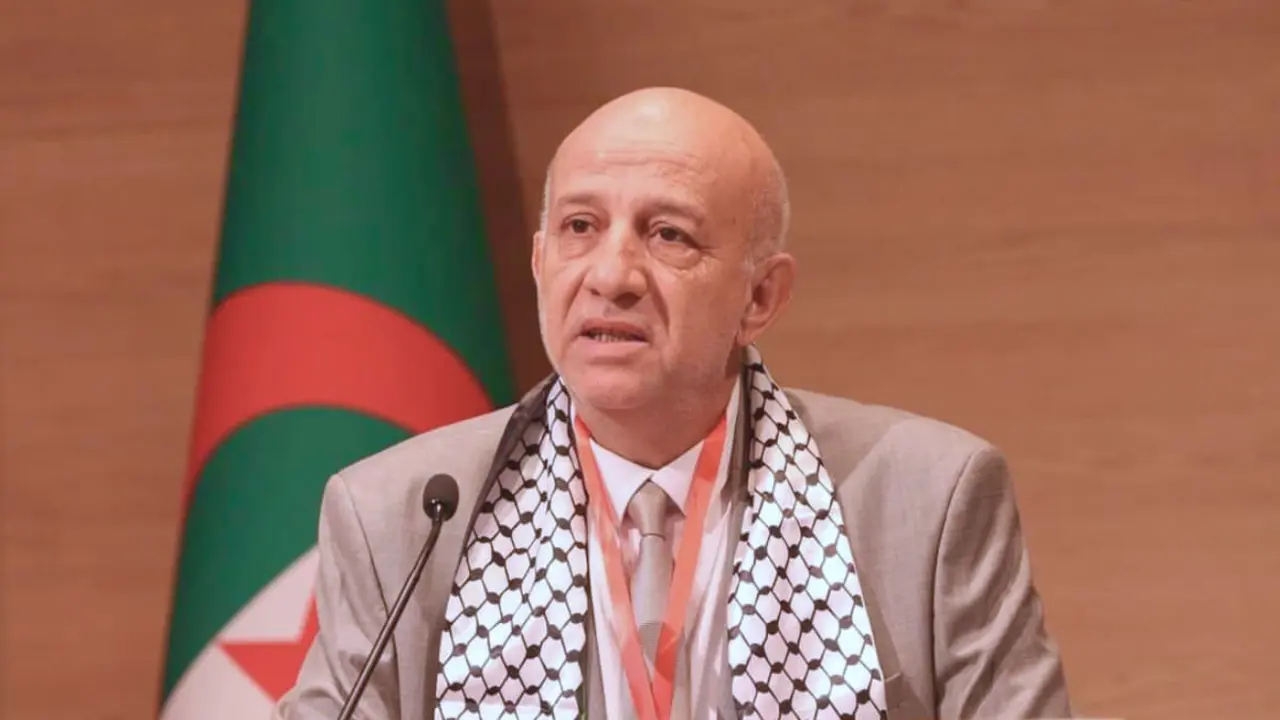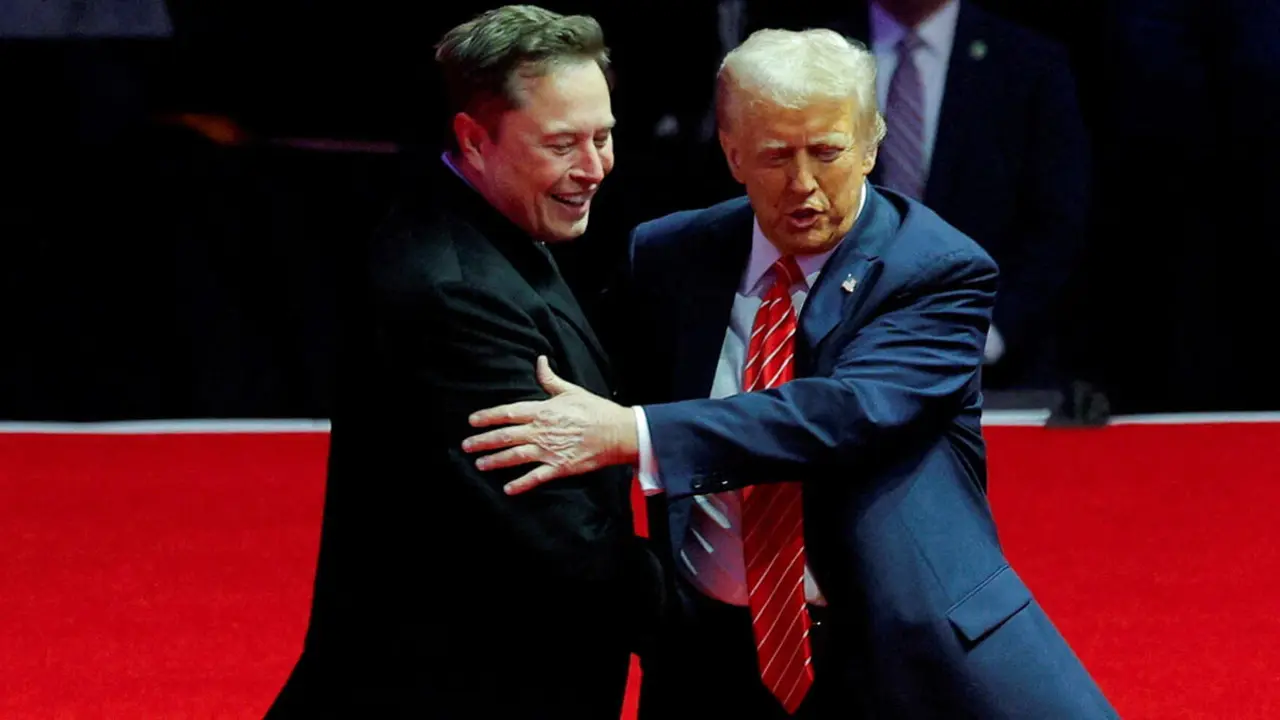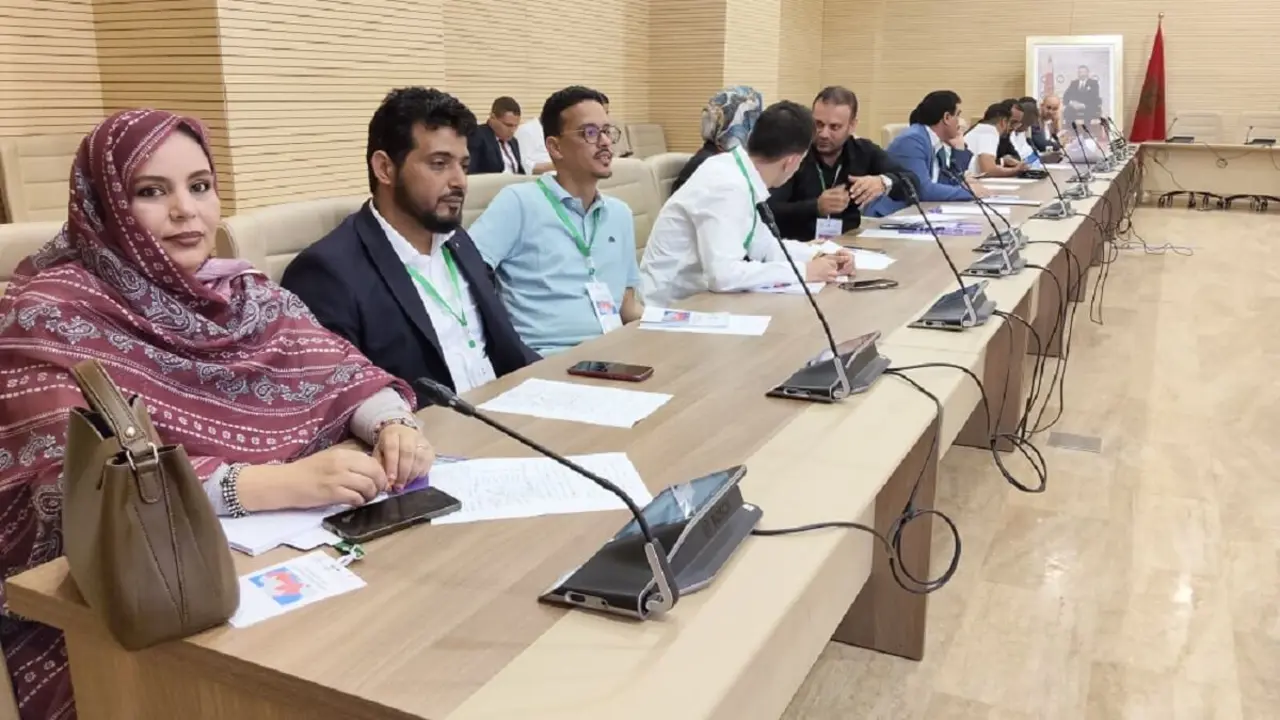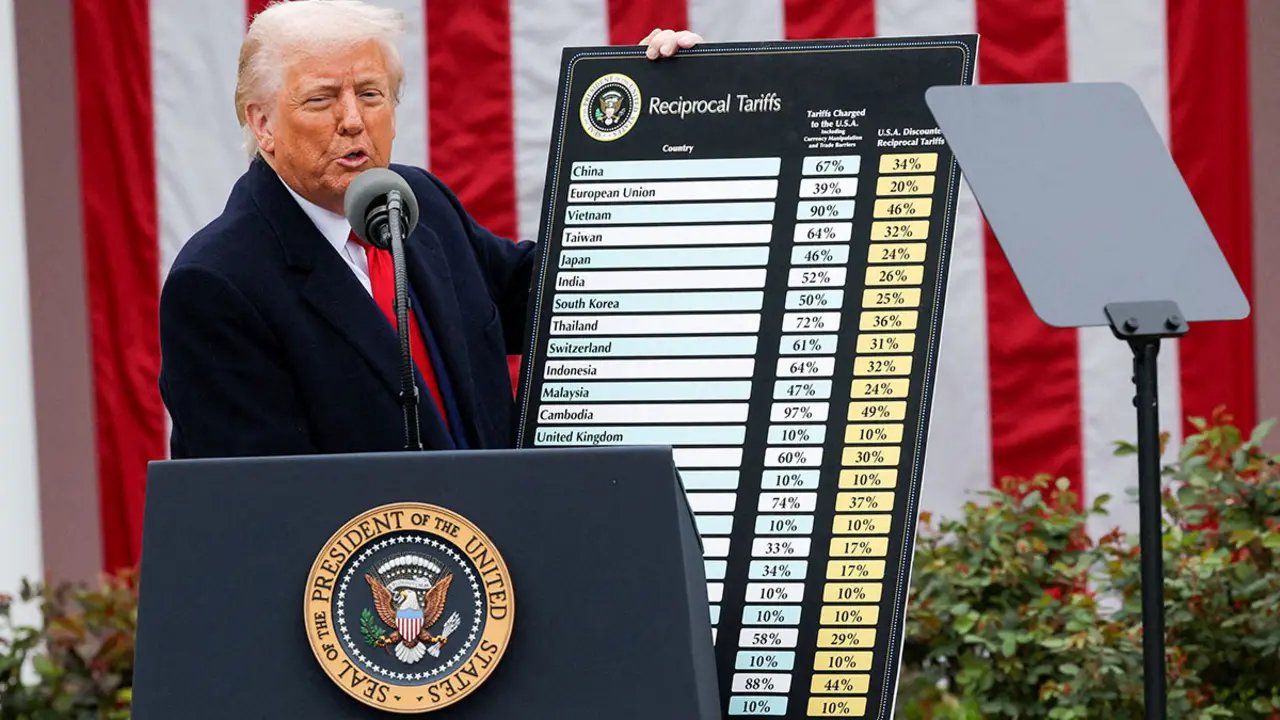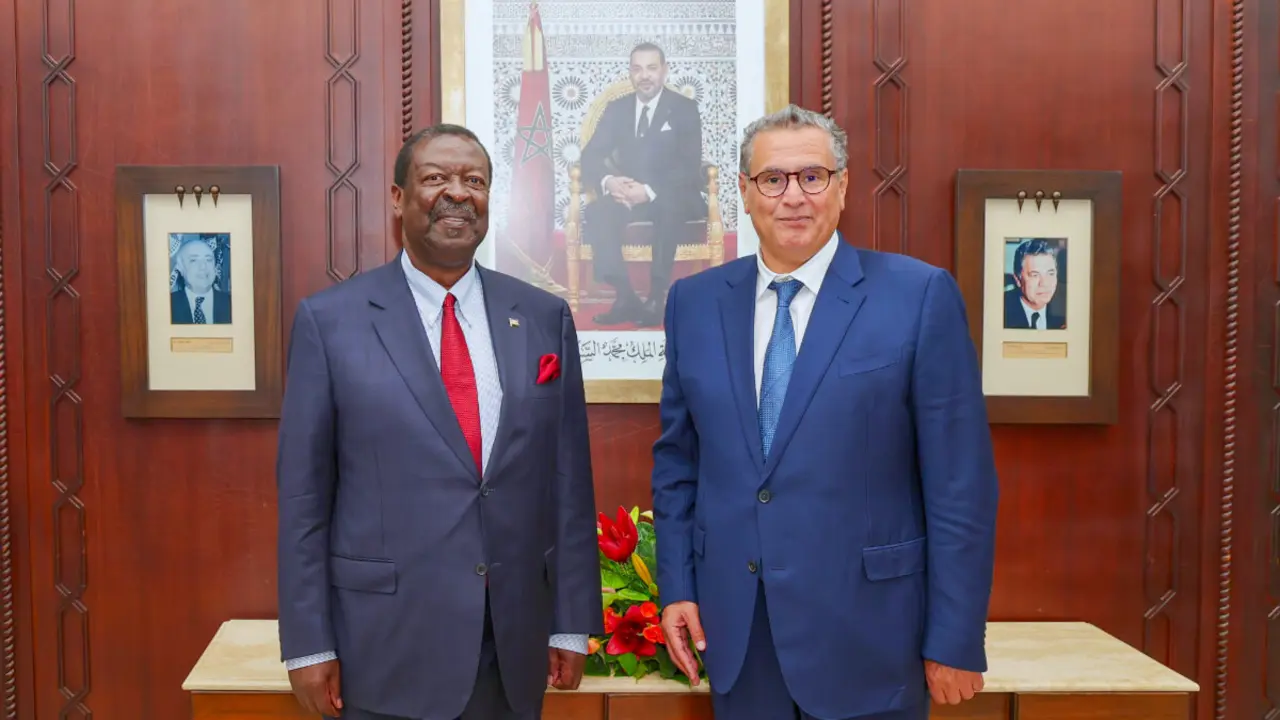A possible regional blockade of Iran?

Geopolitics is going through a turbulent time. Russia's invasion of Ukraine has marked an unprecedented before and after. Alliances between the countries of the Western bloc have been strengthened and the United States has reaffirmed its position as a bulwark of Western values and democracy against those powers that threaten to destabilise the order that Washington seeks to defend.
The world is moving ever closer to multipolarity. The United States and Europe are not alone in seeking to entrench their values and influence across the rest of the world. It used to be Russia, which since the collapse of the Soviet Union has seen its influence gradually eroded to become a 'regional power', as former US president Barack Obama called it during his presidency. Now China has taken up the baton and its quiet expansion continues across the globe, taking advantage of power vacuums and engaging in trade relations that facilitate its influence in multiple countries, as it is doing across the African continent.

Russia has seen its power decline by leaps and bounds in less than 30 years and, in the face of expanding NATO bases as well as the growing power of the United States, Moscow is seeking to regain dominance and influence in a part of the world where the United States has not yet been able to gain a foothold. Ukraine and the urgency to "denazify" the country was the excuse for Russia to launch a full-blown invasion of a country on European soil. However, this unjustified and unlawful offensive has had the opposite effect. NATO has grown with the integration of two new members and diplomacy has regained its essence to condemn the violence and create a common front against Russian aggression, especially on the part of Western countries.
Russia is not the only threat that destabilises the West's shared values. Iran, a bitter enemy of the United States that remains part of the 'axis of evil', continues to be a headache for both Washington and the countries of the Middle East region. It is in the Middle East that US President Joe Biden has sought to build diplomatic bridges with the Arab monarchies through his Middle East tour, but also with countries such as Israel, Egypt, Iraq and Jordan. One of the many objectives? To create a common front of defence against regional threats, such as Iran, and to send a clear message: "the United States is committed to the region and is not going anywhere".

This action is not easy to implement, but the United States has tried to chart a path towards forming an Arab deterrent bloc that will succeed in curbing Iranian threats. One reason that complicates the creation of such a bloc is that not all Arab countries have the same relationship with Tehran. In the case of the Arab monarchies, the United Arab Emirates, Saudi Arabia and Bahrain are trying to exert pressure to isolate the Shiite country and curb its worrying atomic programme.
However, countries such as Qatar and Oman maintain strong diplomatic ties with Iran, even acting as intermediaries in talks between Washington and Tehran to restore the frayed 2015 nuclear deal.

Qatar recently hosted a series of talks between US and Iranian officials to try to revive the pact, which saw Tehran commit not to produce enriched uranium for the next 15 years and to dispense with more than 90 per cent of its nuclear material, measures that have been broken with Donald Trump's exit from the deal.
This has not prevented Qatar and Iran from continuing to strengthen their ties. In this regard, the two countries not only share an offshore gas field in the Persian Gulf, but Iran was an ally of Qatar when the country suffered isolation by the Emirates, Saudi Arabia, Egypt and Bahrain when they accused it of supporting terrorist groups, in addition to the Muslim Brotherhood.

Despite the differences between these diplomatic relations, Biden puts pressure on the region and warns of the danger of a possible alliance between Russia and Iran. Washington warns that several Russian officials have visited the Persian country to see its arms capacity, in a possible move that could be used to acquire more weapons for the conflict in Ukraine.
A senior Biden administration official stated that Russia would be 'betting on Iran' and thus the urgency to isolate the Shia country is growing. Yet, also hindering the creation of a bloc is the fact that during the summit no member country has spoken out about isolating Russia, not even to sanction the country, an act that is otherwise a priority for Washington.

The Middle East is not Europe and US pressure is therefore not the same. Middle Eastern countries' relations with Moscow are different from those of European countries, as are their objectives. The same is true when it comes to mounting a deterrent front against Iran.
A further difficulty is that the United States wants Israel to be taken into account in this alliance. In this vein, the Abraham Accords marked the beginning of something historic, namely the rapprochement and establishment of diplomatic relations between several Arab countries - including, in addition to the UAE, Bahrain, Morocco and Sudan - and Israel. However, the Israeli-Palestinian conflict continues to distance other Arab countries, such as Saudi Arabia, which continues to have no relations whatsoever with Israel. The opening of airspace to its aircraft could be a "first step" towards this action, although for the moment there is nothing on the table about a greater rapprochement.

Despite the discrepancies, what all leaders agreed on was to create a common vision where peace prevails, calling for the creation of good neighbourliness and respect for sovereignty and territorial integrity. As the final declaration of the Sustainability and Development Summit states, "the leaders reiterated their condemnation of terrorism and reaffirmed their enthusiasm for strengthening efforts to combat terrorism and extremism, prevent the arming and financing of terrorist groups and address all activities that threaten the security and stability of the region.
In the long term, the objective for all is the same: the defence of peace and stability in a region that has been characterised by episodes of upheaval. If there is one thing we have seen in barely two years, it is that what seemed almost impossible, such as a rapprochement between Arab countries and Israel, has come about, and there will be no turning back in this respect. Diplomacy is a challenge, but it is also a solution which consists precisely in stabilising relations in the interests of peace. The Summit has served precisely that purpose, to send a message about the desire of the countries of the region for stability and prosperity in the face of threats that seek to damage this end.
While there may be differences, in the end the countries of the region, along with the United States, have shown that they want the same thing: a region where peace prevails. Washington has already made it clear that it wants to contribute to this, and the creation of a common front can help achieve this end. We will now have to see whether differences will be put aside and, once again, diplomacy will succeed in exercising its objective in a region that has shown itself willing to continue working towards stability and security.
Americas Coordinator: José Antonio Sierra.

